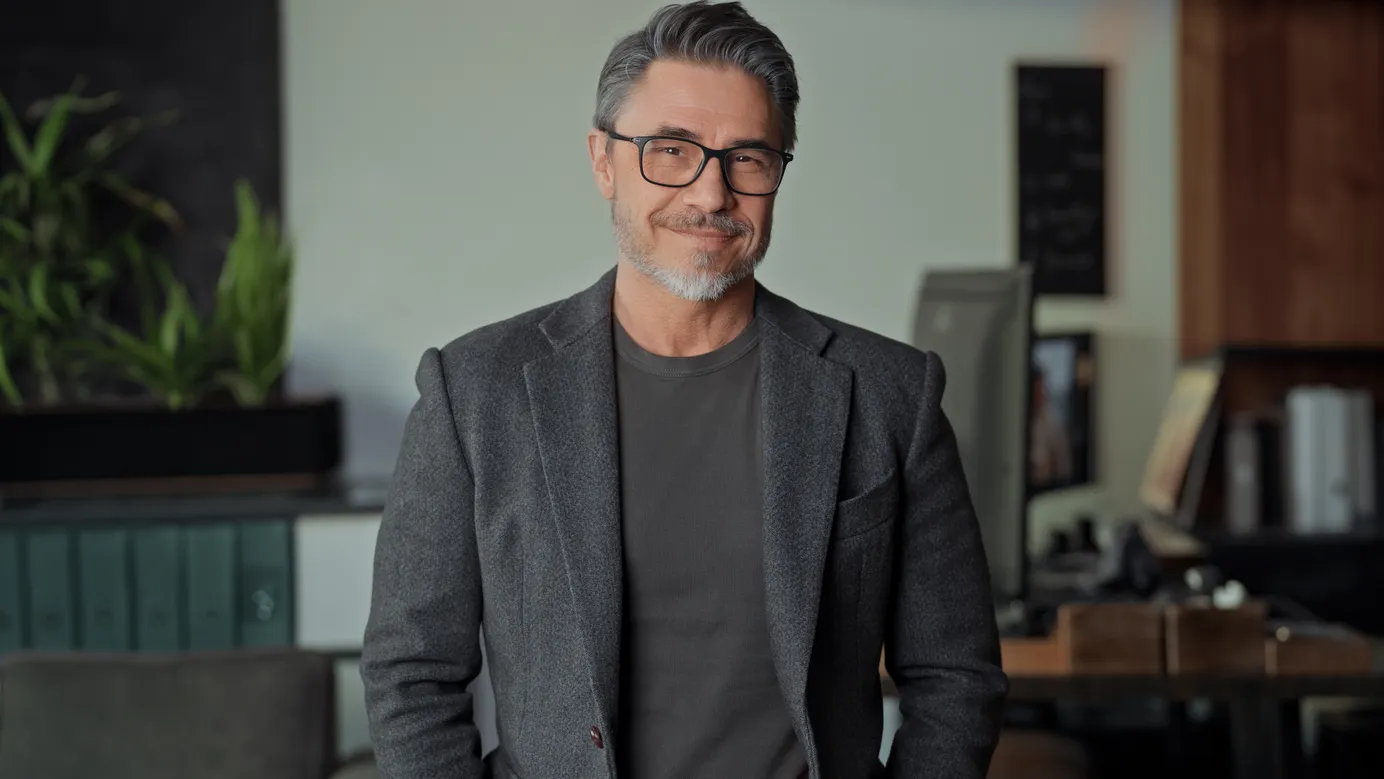Why Retirement Needs a Financial Rethink After 50

Summary: Retirement is evolving. Rethink finances for longevity, security, and new opportunities beyond traditional plans.
For as long as I can remember, the concept of retirement was presented as the ultimate reward for a life of hard work. You’d work tirelessly for decades, finally hit the magical age of 65, and then relax. No alarm clocks, no deadlines—just endless leisure.
It sounded cozy, didn’t it? But as I hit my own midlife stride, I began to realize something unsettling—this classic narrative of retirement no longer makes sense.
Improved health, longer lifespans, and shifting priorities have fundamentally transformed how many of us think about life after 50. For me, retirement isn’t about hitting pause. It’s about rewiring—not retiring—and leaning into new possibilities.
The Shift to a Multistage Life
In a recent post by Raconteur, economist and longevity expert Andrew Scott from London Business School explains that traditional financial planning, based on a fixed path of education, work, and then retirement, no longer fits today’s reality.
I see it all around me—friends, colleagues, and even myself—we’re part of a new wave navigating what Scott calls a “multistage life.”
Life after 50 doesn’t look the way it did for our parents. This is no longer a time simply to “wind down.” For many of us, it’s a season of reinvention. Whether it’s picking up new skills, launching a passion-driven business, or even taking on a second act in our careers, midlife has become a springboard for fresh beginnings.
That’s where I’ve shifted my focus—creating a life that isn’t constrained by old ideas of retirement.
Living Longer, Planning Smarter
Here’s the thing about living longer—it’s an incredible gift, but it comes with a catch. According to the UK’s Office for National Statistics, the number of people aged 85 and above is set to almost double by 2045. This means we’re going to need financial resources that stretch much further than before.
I’ll admit, the thought of outliving my savings keeps me up at night. For years, I used to rely on contributions to my pension plan as “enough.” But I’ve learned that traditional retirement models feel too rigid now.
Today, my approach looks different. I’m leaning into diversification—because no matter how uncertain the future feels, spreading risk seems like the sanest option.
That means exploring investments in real estate, building tax-efficient savings accounts, and tweaking my pension contributions depending on where I am in life.
My earning capacity in my 50s is very different from what it was in my 20s, and I’m intentional about taking advantage of my higher-earning years.
The Cost of Ignoring Health
For me, the other big reality check has been health. If I’ve learned anything from observing loved ones in their elder years, it’s that nothing—no amount of careful planning—matters if I lose my ability to maintain good health.
I’ve come to recognize the understated, often ignored link between long-term financial security and proactive healthcare preparation. Poor health doesn’t just sap the energy we need for adventure-filled retirements; it can also drain decades’ worth of savings in an instant.
Did you know that one in four people over 70 will require extended healthcare? To me, that statistic is a stark reminder that optimism is no replacement for preparation.
Initially, I resisted the idea of long-term care insurance. It felt unnecessary—like I was betting against myself. But I’ve come to appreciate the peace of mind it provides.
For those of us who aren’t ready to take that leap, another smart move is carving out dedicated savings specifically for healthcare needs. Knowing I’ve planned for the unexpected has reduced a significant chunk of my retirement anxiety. After all, protecting my future shouldn’t come at the expense of my children’s financial stability.
Smart Choices for Midlife
While it’s daunting to rethink everything I thought I knew about retirement, midlife has felt like the perfect moment to pivot. Tony Müdd from St. James’s Place emphasizes tailoring financial strategies to life’s stages. For me, here’s what that looks like now:
- Supercharging My Pension Contributions: With peak earning years in full swing, I’ve prioritized funneling more into my retirement fund.
- Diversifying Investments: Having all my eggs in one basket, financially, feels reckless at this stage. Real estate, stocks, and bonds diversify risk and protect long-term stability.
- Preparing for Health Costs: Health is one of the unpredictable cornerstones of retirement. Whether it’s setting up dedicated savings or considering policy options, it’s become part of my plan.
We’re in This Together
Here’s the truth this process has reinforced for me—there’s no one-size-fits-all template for navigating this stage of life. Retirement planning, at least how I understand it now, is all about flexibility, creativity, and courage.
This isn’t just a new chapter—it’s a whole new book. And while it comes with its fair share of fears (Will I outlive my savings? How do I keep my health intact for as long as possible?), it also feels like such an incredibly rewarding stretch of life to enter.
If you’re in the same boat—rethinking what “retirement” means—it’s okay to feel a little out of your depth. My advice? Start small. Build a plan that serves you not just financially, but holistically.
The future may not look like we imagined in our 20s, but that doesn’t mean it can’t be extraordinary. And maybe, like me, you’ll find that the real reward isn’t stopping—it’s rediscovering everything you’re capable of.
Further Reading:
- The 100-Year Life: Living and Working in an Age of Longevity: A book authored by Andrew Scott and Lynda Gratton, offering insights into managing life in an era of increased longevity.
- "At 75, I still have to work: millions of Americans can't afford to retire" (The Guardian).
Got an idea? We want to hear from you!
At The IC, we're always excited to bring fresh perspectives and unique voices to our community.
We'd love to connect if you have feedback, an article idea, or want to join us as a guest writer.
Email us at hello@interludecafe.com or head over to our Contact Us page to get started!






